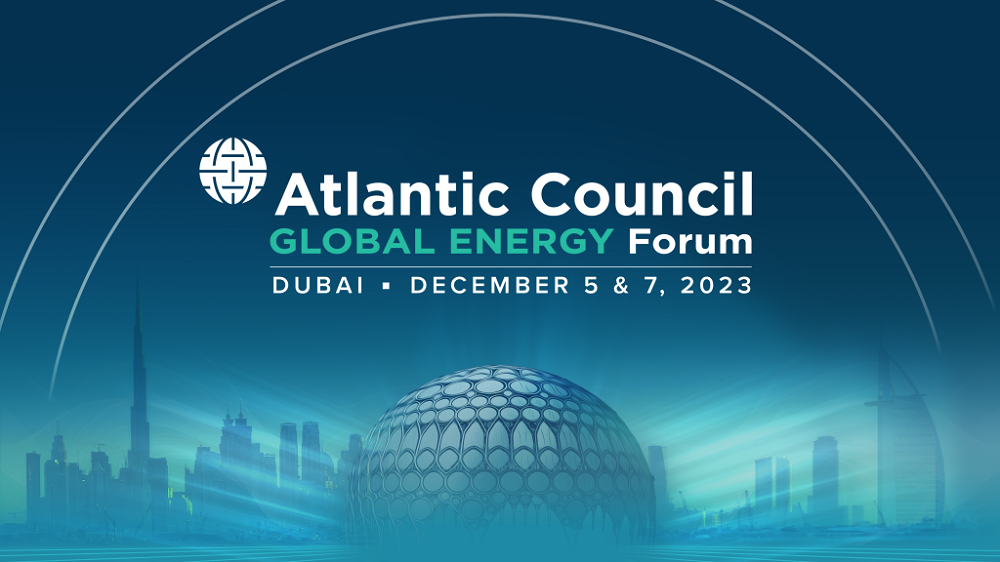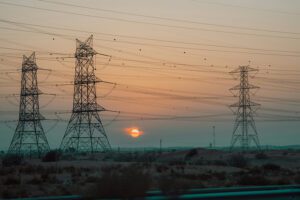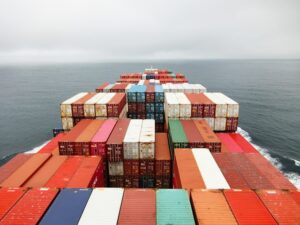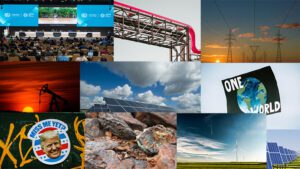The Atlantic Council’s Global Energy Forum has become a focal point at the 28th Conference of the Parties (COP 28) of the United Nations Framework Convention on Climate Change (UNFCCC) due to a compelling convergence of world leaders, industry experts, and policymakers. Renowned for its dedication to influencing energy policy going forward, the forum is creating a lot of buzz as it looks into creative ways to tackle the urgent problems caused by a rapidly changing climate.
In light of COP 28 in Dubai, a wide range of world leaders, business leaders, and legislators convened at the forum to discuss the complex problems related to the shift to a resilient and sustainable energy future.
Keynote speakers at the event began by stressing the importance of stepping up efforts to combat climate change and the critical role that cutting-edge energy solutions play in achieving a world that is carbon neutral.
Notably, in his opening remarks, the President of the Atlantic Council, Frederick Kempe, stressed that “we can only build truly sustainable climate and sustainable future if we welcome all parties to the table, this means inclusivity across industries, inclusivity across communities, and inclusivity of ideas across the spectrum of possible solutions.”
Speaking at the Forum, the U.S. Assistant Secretary of State for Energy Resources Geoffrey Pyatt, noted that “we cannot be in a position where we exchange an era of European dependence on Russian fossil fuels for an era of collective dependence on Chinese clean technology.” Stressing that it does not mean decoupling from China, but reducing the exposure to such instances.
A recurring theme that surfaced during the forum was the necessity of international cooperation. The participants reaffirmed their shared commitment to accelerating the shift to a low-carbon future by cooperating across national boundaries, industries, and sectors. Opportunities for networking cultivated alliances, setting the stage for joint projects that go beyond the conference.














